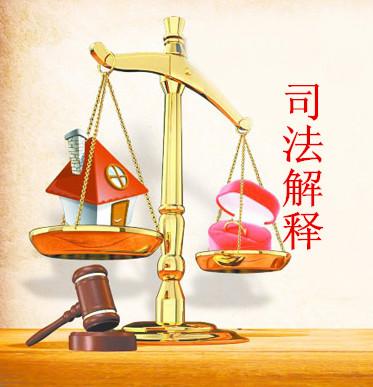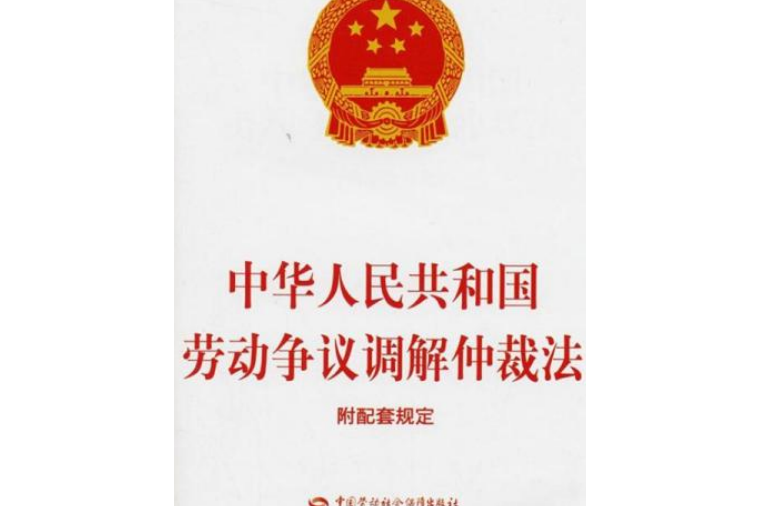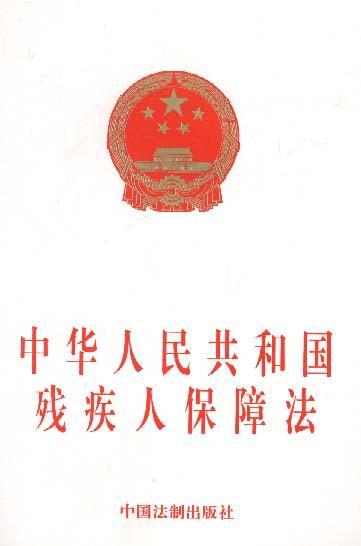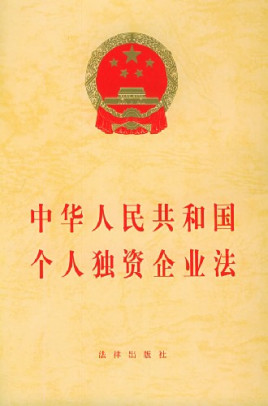《中華人民共和國民法通則》第九十九條第一款、《中華人民共和國婚姻法》第二十二條的解釋(中英文對照版)
最高人民法院向全國人民代表大會常務委員會提出,為使人民法院正確理解和適用法律,請求對民法通則第九十九條第一款“公民享有姓名權,有權決定、使用和依照規定改變自己的姓名”和婚姻法第二十二條“子女可以隨父姓,可以隨母姓”的規定作法律解釋,明確公民在父姓和母姓之外選取姓氏如何適用法律。
法律文本
全國人民代表大會常務委員會關於《中華人民共和國民法通則》第九十九條第一款、《中華人民共和國婚姻法》第二十二條的解釋
Interpretation of the Standing Committee of the National People's Congress on Paragraph 1 of Article 99 of the General Principles of the Civil Law of the People's Republic of China and Article 22 of the Marriage Law of the People's Republic of China
(2014年11月1日第十二屆全國人民代表大會常務委員會第十一次會議通過)
(Adopted at the 11th Session of the Standing Committee of the 12th National People's Congress on November 1, 2014)
最高人民法院向全國人民代表大會常務委員會提出,為使人民法院正確理解和適用法律,請求對民法通則第九十九條第一款“公民享有姓名權,有權決定、使用和依照規定改變自己的姓名”和婚姻法第二十二條“子女可以隨父姓,可以隨母姓”的規定作法律解釋,明確公民在父姓和母姓之外選取姓氏如何適用法律。
The Supreme People's Court has proposed to the Standing Committee of the National People's Congress the request for making legal interpretation on Paragraph 1 of Article 99 of the General Principles of the Civil Law "Citizens shall enjoy the right of personal name and shall be entitled to determine, use or change their personal names in accordance with the provisions" and Article 22 of the Marriage Law "Children may adopt either their father's or their mother's surname" in order to make the people's courts correctly understand and apply laws and clarify how to apply laws when a citizen chooses a surname other than the surname of his/her father or mother.
全國人民代表大會常務委員會討論了上述規定的含義,認為:公民依法享有姓名權。公民行使姓名權屬於民事活動,既應當依照民法通則第九十九條第一款和婚姻法第二十二條的規定,還應當遵守民法通則第七條的規定,即應當尊重社會公德,不得損害社會公共利益。在中華傳統文化中,“姓名”中的“姓”,即姓氏,體現著血緣傳承、倫理秩序和文化傳統,公民選取姓氏涉及公序良俗。公民原則上隨父姓或者母姓符合中華傳統文化和倫理觀念,符合絕大多數公民的意願和實際做法。同時,考慮到社會實際情況,公民有正當理由的也可以選取其他姓氏。基於此,對民法通則第九十九條第一款、婚姻法第二十二條解釋如下:
The Standing Committee of the National People's Congress has discussed the meanings of the aforesaid provisions, and is of the view that citizens enjoy the right to a name in accordance with the law. The exercise of the right of personal name by a citizen is a civil activity, and shall not only be subject to the provisions of Paragraph 1 of Article 99 of the General Principles of the Civil Law and Article 22 of the Marriage Law, but also be subject to the provisions of Article 7 of the General Principles of the Civil Law, that is, such exercise shall have respect for social ethics and shall not harm the public interest. In Chinese traditional culture, surname, namely surname, embodies blood inheritance, ethical order and cultural tradition. Citizens choose surname involving public order and good customs. In principle, a citizen adopts his or her father's or mother's surname, which is not only in line with the traditional Chinese culture and ethics, but also in line with the wishes and actual practice of the vast majority of citizens. Meanwhile, in consideration of the actual social conditions, a citizen may choose another surname if he has justified reasons. On this basis, the interpretation on Paragraph 1 of Article 99 of the General Principles of the Civil Law and Article 22 of the Marriage Law are as follows:
公民依法享有姓名權。公民行使姓名權,還應當尊重社會公德,不得損害社會公共利益。
Citizens enjoy the right to a name in accordance with the law. In exercising the right to a name, a citizen shall also respect social ethics and shall not harm public interests.
公民原則上應當隨父姓或者母姓。有下列情形之一的,可以在父姓和母姓之外選取姓氏:
In principle, a citizen shall adopt his or her father's or mother's surname. In any of the following circumstances, a citizen may choose a surname other than that of his or her father or mother:
(一)選取其他直系長輩血親的姓氏;
1. choose the surname of his or her other linear elder relative by blood;
(二)因由法定扶養人以外的人扶養而選取扶養人姓氏;
(II) choose the surname of the fosterer where he or she is raised by a person other than the statutory fosterer; and
(三)有不違反公序良俗的其他正當理由。
(III) where there is any other justifiable reason that is not against the public order and good morals.
少數民族公民的姓氏可以從本民族的文化傳統和風俗習慣。
The surnames of ethnic minority citizens can be based on the cultural traditions and customs of the ethnic group.
現予公告。
It is hereby announced.
©本站文章、圖片等內容知識產權歸作者所有。本站所有內容均來源於網絡,僅供學習交流使用!
轉載請注明出處: 法總荟 » 《中華人民共和國民法通則》第九十九條第一款、《中華人民共和國婚姻法》第二十二條的解釋(中英文對照版)







發表評論 取消回複